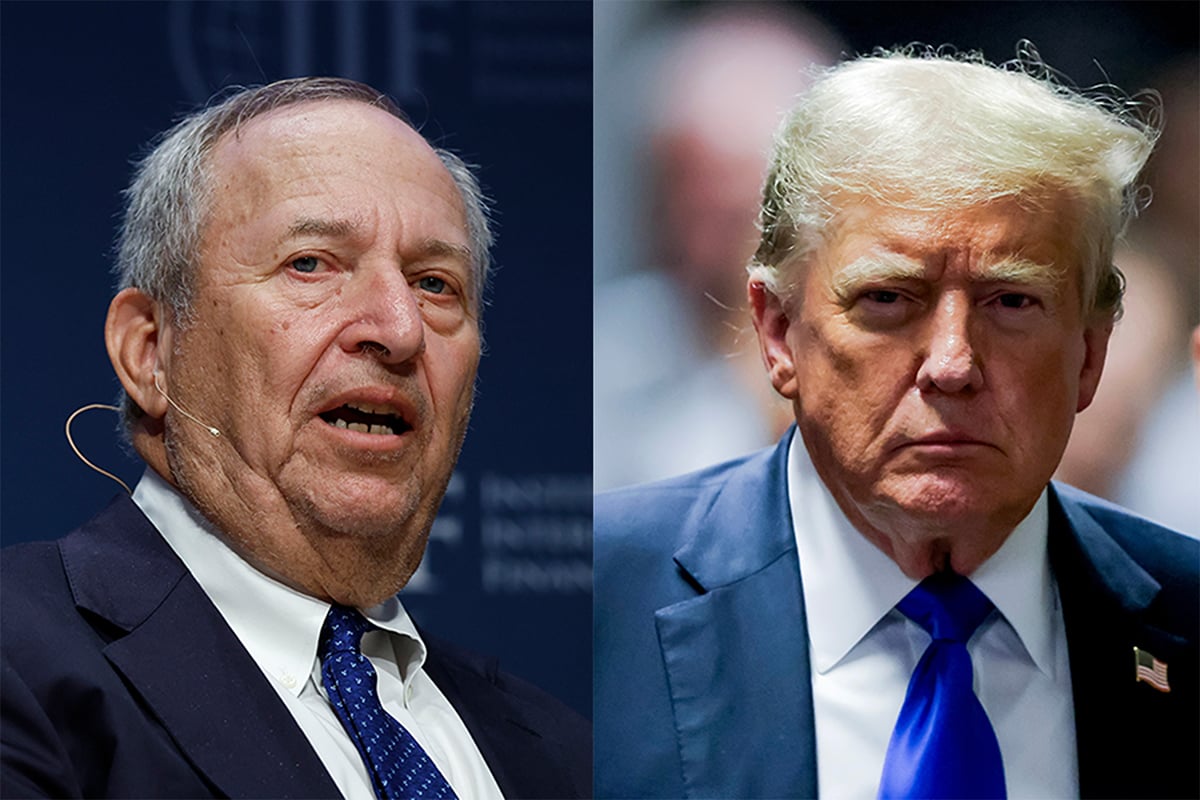Brazil's poverty rate remains high, despite a rapidly growing middle class, and outside the big cities, its infrastructure is still lacking. Nevertheless, it's becoming harder and harder to classify the country as developing, given that in some areas—especially financial ones—it outpaces developed nations.
As with any developing country, risks remain. David Backus, a professor at New York University's Stern School of Business, says that unlike neighboring countries, however, Brazil's politic al system has remained stable.
al system has remained stable.
"What's reassuring about Brazil is that it's had three elections in a row without any major [policy] changes," Backus says, adding that Argentina's GDP per capital remains higher than Brazil's but its political system is "extremely immature."
Continue Reading for Free
Register and gain access to:
- Thought leadership on regulatory changes, economic trends, corporate success stories, and tactical solutions for treasurers, CFOs, risk managers, controllers, and other finance professionals
- Informative weekly newsletter featuring news, analysis, real-world cas studies, and other critical content
- Educational webcasts, white papers, and ebooks from industry thought leaders
- Critical coverage of the employee benefits and financial advisory markets on our other ALM sites, PropertyCasualty360 and ThinkAdvisor
*May exclude premium content
Already have an account?
Sign In Now
© 2024 ALM Global, LLC, All Rights Reserved. Request academic re-use from www.copyright.com. All other uses, submit a request to [email protected]. For more information visit Asset & Logo Licensing.





